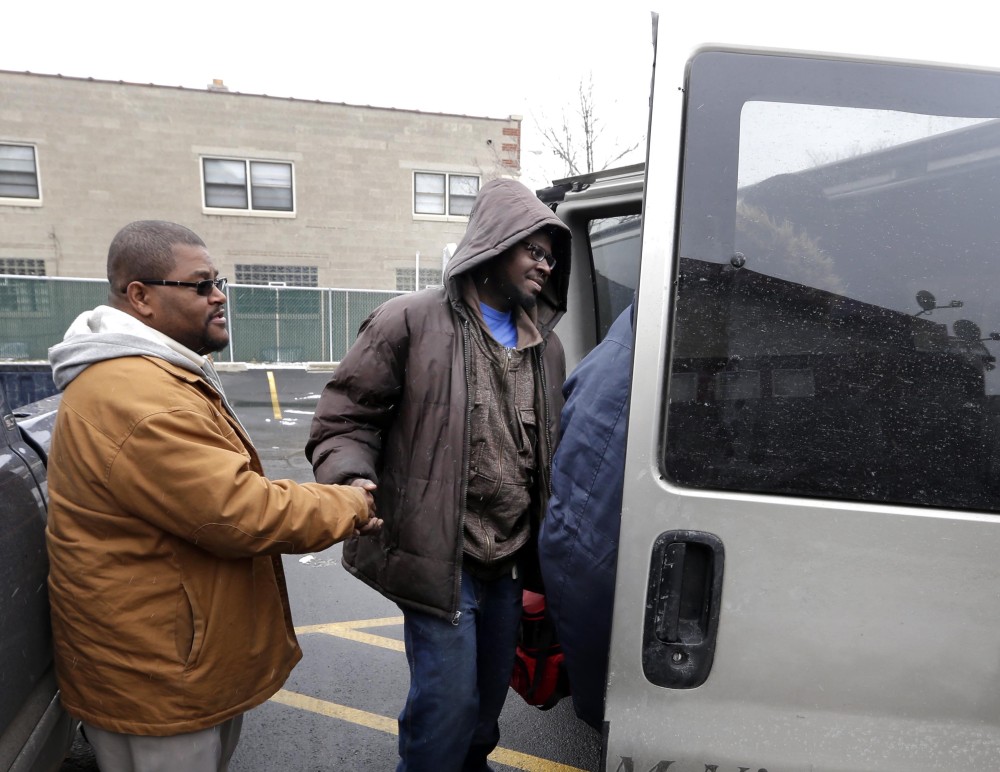Milwaukee pastor leads ministry linking inner-city workers with jobs outside the city
Jerome Smith Sr. runs the Joseph Project, an effort to address two big problems: high urban unemployment and the distance between where the jobless live and where jobs are.

(The Christian Science Monitor) On a drizzly morning, a line formed early at the back of Greater Praise Church of God in Christ, a storefront church on Milwaukee’s northwest side. Soon it stretched out the door as the pastor, Jerome Smith Sr., greeted visitors among the pews.
“Good morning, sir! How are you?” he says. “What’s going on, girl?” A short, stocky man in his mid-forties with close-cropped hair, he shifts easily to pastoral sternness. “Fellas!” he exclaims. “Take your hat off in the sanctuary. Please!”
They have come here seeking not salvation but employment. And Smith, who would resist such a strict distinction, is eager to help them. For two years the pastor has run the Joseph Project, a program to connect inner-city workers, mostly African Americans, with jobs outside the city. The program not only helps them find work but also runs a van service to get them there.





